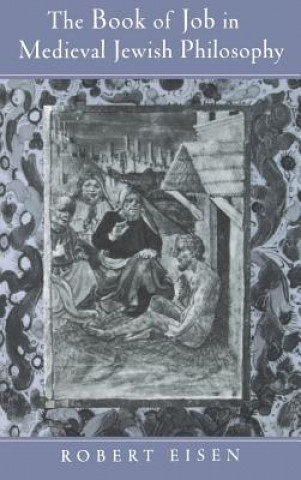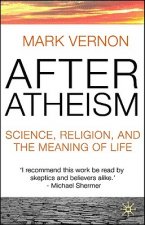
Dostawa
Doradca ds. zakupów
16 114 833 książek w 175 językach







Pokaż wszystkie języki (175)





Jednak się nie przyda? Nic nie szkodzi! U nas możesz zwrócić towar do 30 dni
 Bon prezentowy
O dowolnej wartości
Bon prezentowy
O dowolnej wartości
Bon prezentowy to zawsze dobry pomysł. Obdarowany może za bon prezentowy wybrać cokolwiek z naszej oferty.
Book of Job in Medieval Jewish Philosophy
 Angielski
Angielski
 467 b
467 b
30 dni na zwrot towaru
Mogłoby Cię także zainteresować


This book analyzes the history of the interpretation of the book of Job by medieval Jewish exegetes. The scholarship on medieval Jewish thought has focused largely on the systematic philosophical aspects of this literature. Eisen, however, is concerned with exegesis qua exegesis. He offers a close examination of commentaries on Job written by six major thinkers: Saadiah Goan (882-942, Egypt and Babylon), Moses Maimonides (1138-1204, Spain and Egypt), Samuel ibn Tibbon (1160-1230, Provence), Zerahiah Hen (13th Century, Barcelona and Rome), Levi Gersonides (1288-1344, Provence), and Simeon ben Zeham Duran (1361-1444, Majorca and Algiers). Saadiah and Maimonides wrote in Arabic, the other four in Hebrew. Eisen looks at the relationship between the commentaries and their antecedent sources as well as their relationship to the broader context of medieval Jewish thought. He also provides an overview of the questions the commentators confronted about the historicity, national origin, and "Jewishness" of the text. He argues that the commentaries on Job are linked in a coherent and evolving tradition of interpretation and he identifies various views of providence as the central concern of them all.
Informacje o książce
 Angielski
Angielski
Kategoria




 Jak kupować
Jak kupować





















